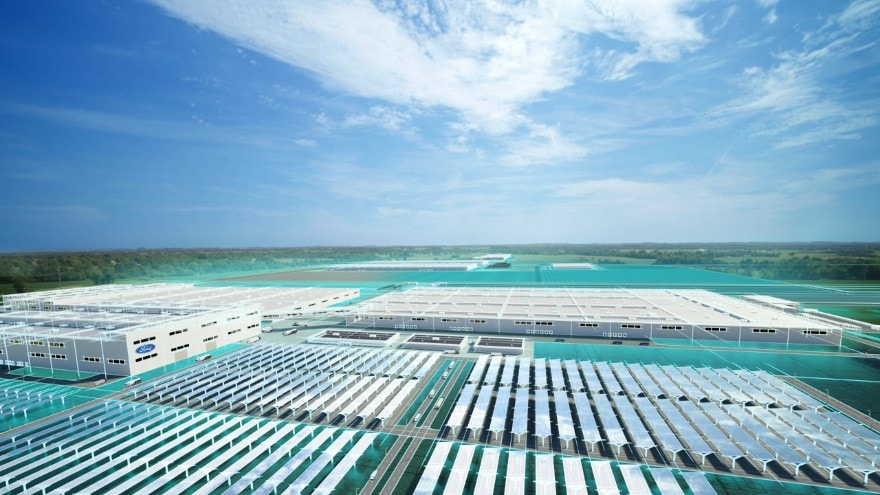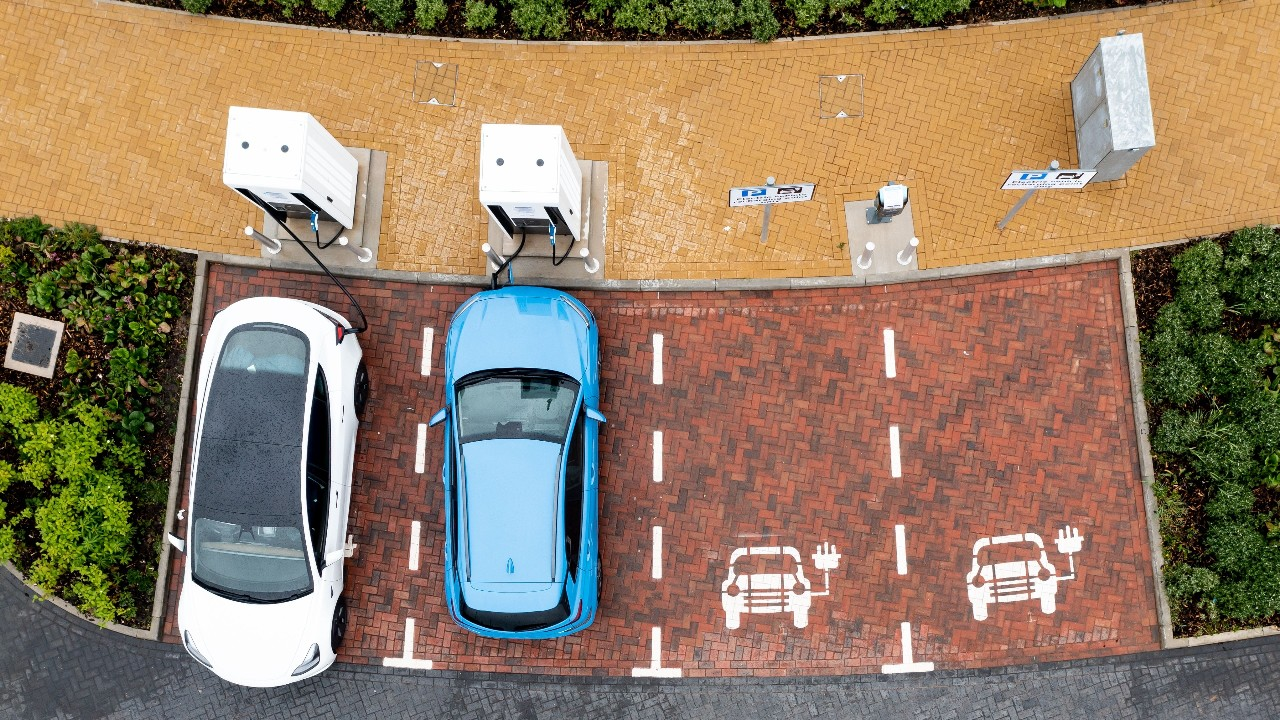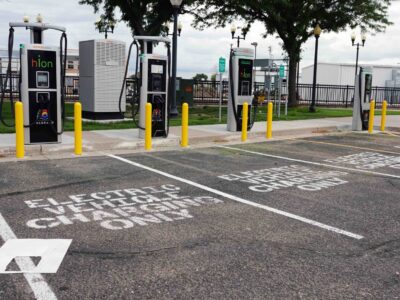Federal government initiatives such as the Bipartisan Infrastructure Law and Inflation Reduction Act have been the main drivers of electric vehicle (EV) adoption in the United States. However, they aren’t the only forces at work, as individual states have played a part as well. According to the National Conference of State Legislatures, “As of July 2021, at least 47 states and the District of Columbia offer incentives to support [the] deployment of EVs or alternative fuel vehicles.”
One of those states is Tennessee, where several organizations have launched programs to accelerate the electric transition. These programs, combined with Tennessee’s status as a leader in clean energy and EV manufacturing, have steadily increased the state’s number of EV drivers.
Research published by Hertz last year found that Tennessee ranks 22nd among the states in the number of all-electric cars, with more than 22,000. The Volunteer State has also become a major player in EV manufacturing.

Photo Courtesy Hertz
As Hertz noted, General Motors has committed billions of dollars to expand and build EV and battery facilities in Tennessee. Meanwhile, Ford and SK Innovation announced plans to build a $5.6 billion EV manufacturing campus in western Tennessee called BlueOval City.
Government agencies are making plans to add more charging stations across the state to help Tennessee prepare for a continued rise in EV drivers. In late January, the Tennessee Department of Transportation (TDOT) and the Tennessee Department of Environment and Conservation (TDEC) awarded $21 million in federal funds for fast-charging stations.
According to a Jan. 31 press release, a total of 31 fast-charging locations are needed to fill gaps along the state’s designated Alternative Fuel Corridors (AFC).
The corridors include Tennessee’s two-digit interstate routes and U.S. 64. The new charging stations are part of the Tennessee Electric Vehicle Infrastructure (TEVI) Deployment Plan, which details how the state will use federal funds to install charging infrastructure and support the establishment of an interconnected EV network across the United States.

Photo Courtesy Ford Newsroom
“Tennessee has been home to the automotive industry since the 1980s, and those automakers are growing electric vehicle manufacturing,” Butch Eley, deputy governor and TDOT commissioner, said in a statement. “With these federal dollars, Tennessee is investing in its future and paving the way to lead the nation as an EV epicenter. We want to ensure that drivers in any vehicle can safely get across the state from Mountain City to Memphis.”
According to the press release, federal funding through the National Electric Vehicle Infrastructure (NEVI) Program allocated $88 million for Tennessee over five years spanning 2022 to 2026.
TDOT and TDEC’s long-term vision is to develop a “safe, convenient, accessible, reliable, and equitable” charging network that will help boost the economy and the environment.
In an interview with WKRN, Preston Elliott, TDOT Bureau Planning Chief, said the new charging stations are designed to help Tennessee catch up with rising EV demand.

Photo Courtesy Hertz
“As we transition from gas to electric or any other fuel type, there’s just naturally going to be some of those challenges,” Elliott said. According to the TDOT, NEVI funding requires a match of at least 20% of the federal funds. Other requirements include charging stations being located every 50 miles along the federally designated AFCs, within a one-mile travel distance from the corridor, and having a minimum of four charging ports per location.





